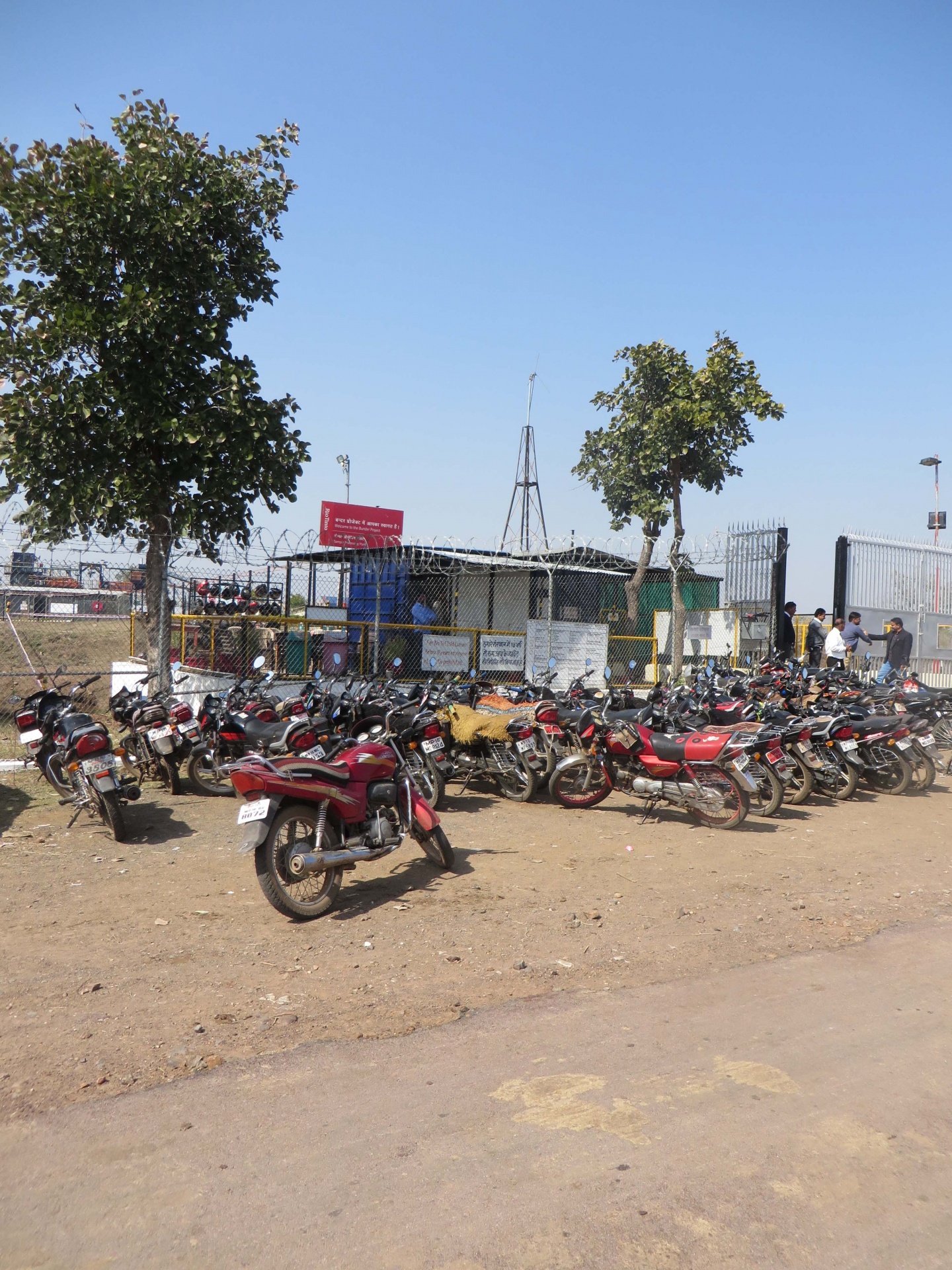24 February, 2016At the end of January, IndustriALL Global Union and the Indian National Mineworkers Federation (INMWF) visited Chattarpur, in Madhya Pradesh, India, where Rio Tinto is waiting for approval to develop a 300-metre-deep open-pit diamond mine.
According to Rio Tinto, once developed, the Bunder mine would place Madhya Pradesh in the top ten diamond producing regions of the world.
During the visit to Chattarpur, villagers from neighbouring communities expressed strong opposition to the development of the Bunder project and discontent with Rio Tinto, echoing the result of a public hearing organized by authorities a year ago. According to press reports on the hearing, only seven villagers supported the project while 250 opposed it.
The local community is concerned about Rio Tinto’s employment practices, echoing what IndustriALL has been reporting since the beginning of the Rio Tinto campaign two years ago. The company currently employs around 400 people for the prospecting phase at Bunder, the majority of whom are hired through a local contractor.
Rio Tinto claims on its website that it prioritizes local employment and that 70 per cent of workers at Bunder come from neighbouring communities. However, during the visit by IndustriALL and INMWF, the villagers and PEHAL, an NGO involved in defending local communities, said only one third of the workers actually come from local villages.
Rio Tinto also says local community employment is organized on a rotational basis in order to benefit more families. In fact, villagers complain that they cannot work more than fourteen days a month, with a minimum daily salary of 375 rupees (US$ 5.5) for skilled workers and 235 rupees (US$3.4) for unskilled workers. These conditions do not afford a decent standard of living. In addition, workers prospecting at Bunder have been toiling 12 hours a day. It was also reported that some workers were favoured and classified as skilled labour just because they were supportive of the opening of the mine.
Villagers reported that when workers tried to organize a union to get better conditions, they were all sacked by the subcontractor
“It is unfortunate that a multinational mining giant like Rio Tinto, which came with the promise of employment and development for local communities, is in fact exploiting poor tribal workers and causing harm to the livelihood of local communities. INMF condemns Rio Tinto’s anti-worker practices and will continue our fight to protect workers’ rights,” said S Q Zama, General Secretary of the INMWF.
Rio Tinto also appears to have broken its promises to the local community. In one village visited by IndustriALL and INMWF, villagers reported that, at the start of the Bunder project, Rio Tinto established a water tank. Every family paid 1000 Rupees (US$15) to be connected to the water supply system and (US$0.73) for a watchman to take care of the water tank. However, when villagers began complaining about the mining project, Rio Tinto stopped the system and took away the water pump after only two months. According to villagers, the company said that as long as the villagers opposed the project, they would not fill the water tank. PEHAL also said Rio Tinto had reneged on a promise to plant fruit trees along paths in the vicinity of the project.
The findings from the IndustriALL/INMWF visit showed that little had changed since a report published by Partizans in 2013 criticized Rio Tinto’s behaviour towards workers, the environment and the local community at Bunder.
The development of the Bunder project is not only facing opposition from the local communities. There are political and NGO fronts denouncing the impact this project could have on the livelihood of the communities. According to reports more than one million trees would have to be destroyed if the project were to go ahead, causing large-scale deforestation and damaging the habitat and movement of endangered tigers. It will also require a huge quantity of water in a region with high levels of drought.
The Madhya Pradesh government issued a Letter of Intent in 2012, giving a provisional go ahead to the project. But before that provisional permission can be converted to an official mining lease, Rio Tinto must get environmental and forest clearances to get their mining plan approved.









